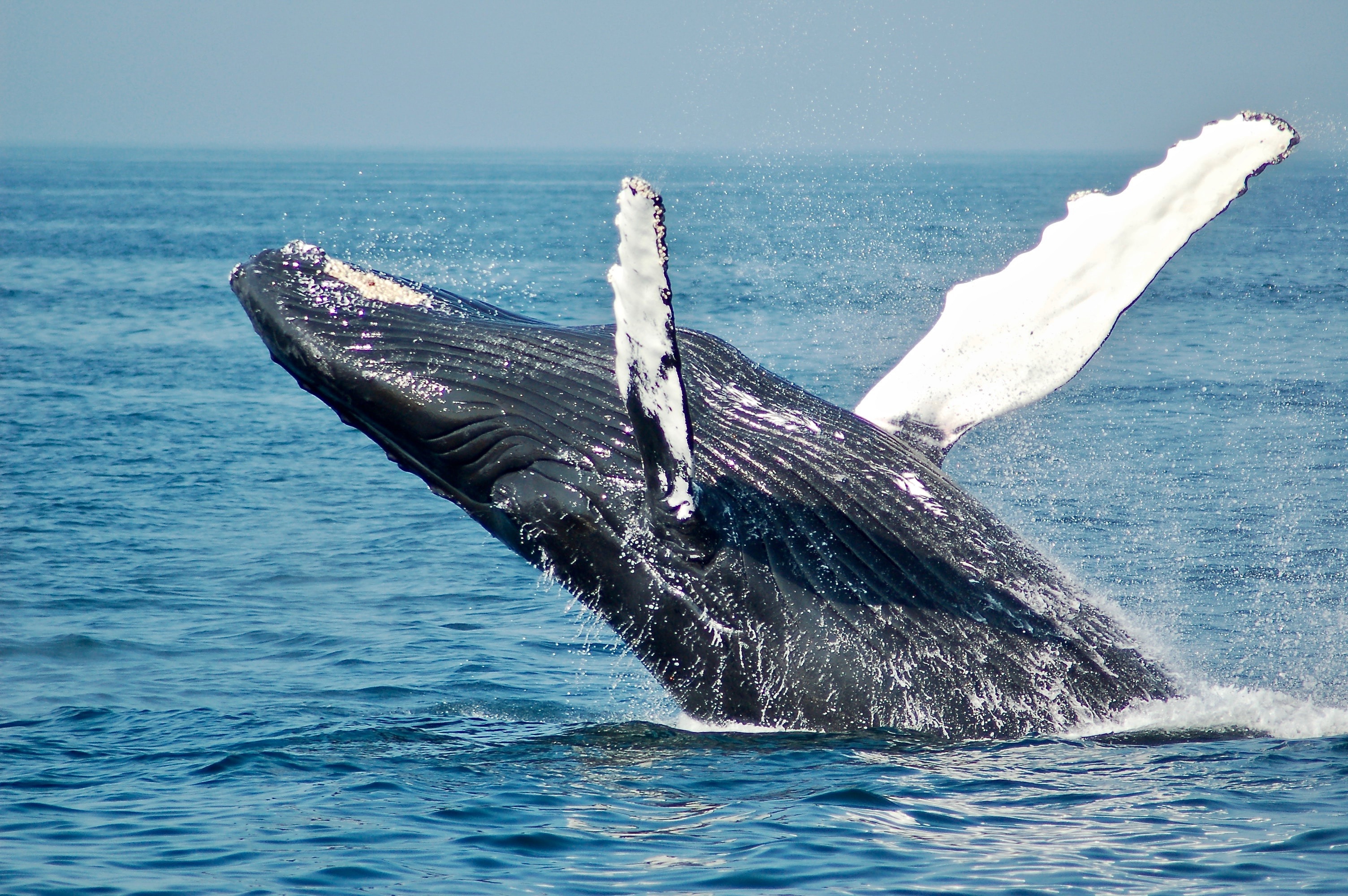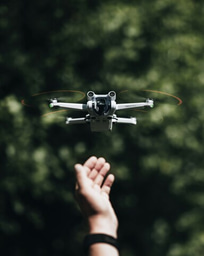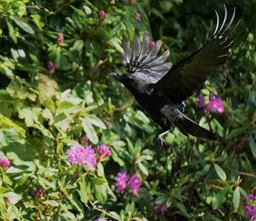Campaigning for whale and dolphins welfare


Welcome to our interview with Noé Swynghedauw, conservationist working with IFAW France. In a world teeming with life, it has become increasingly crucial for us to comprehend the true essence of biodiversity. Beyond a mere buzzword, it encompasses the astounding array of living organisms that call our planet home. From humans to animals, plants to bacteria, and even the tiniest microorganisms, each contributes to the ecosystemic tapestry that defines our Earth.
IFAW France takes on the noble task of rehabilitating, rescuing, and restoring various species while diligently safeguarding their natural habitats. The significance of this work cannot be understated. Forests, housing millions of diverse species, including our own, serve as environmental thermostats. Without these green areas, the relentless advance of desertification poses a severe threat to biodiversity itself.
Join us as we delve deeper into the vital conservation efforts undertaken by Noé and gain invaluable insights into preserving our planet's delicate balance.
Ussi:👨🏽💻
Hello Noé,
Nice to meet you. Can you tell us about your job and the personal and professional journey that led you to the role of Junior Campaigner, IFAW France?
Noé: Hello Ussi, thank you for your message and nice to e-meet you! I would say that I was made aware of animal welfare concerns from a very young age, my mother being vegetarian as far back as I can remember. In my teenage years, I also got involved in several charities/non-profit organisations. Being deeply convinced that non-profit organizations can help contribute to the common and general good, I wanted to work for an NGO after completing my studies. I joined IFAW France back in May last year (2022) as part of an internship to complete a master's degree in European Affairs. I got the opportunity to extend my stay for an additional 6 months and then 12 months as of March this year.
Ussi:👨🏽💻
Tell us a bit about your role. What are your responsibilities?
Noé: Regarding my role and responsibilities, I am working as a campaigner (i.e., undertaking awareness raising actions among the general public, working to help advance IFAW priorities in EU and national legislation, among others).
Since the beginning of March this year, I have been working on two specific programs supported by the organization:
The first one falls within the framework of the Marine conservation program and relates to the bycatch issue, i.e., the "incidental" capture of cetaceans (whales and dolphins) in active fishing gear, in the EU waters with a focus in the Bay of Biscay. As a matter of fact, bycatch is considered to be the main anthropogenic threat to cetaceans and a major conservation issue in European Waters (e.g., Lowry and Teilmann, 1994; Tregenza et al., 1997a, 1997b; Tregenza and Collet, 1998; López et al., 2003; Skóra and Kuklik, 2003; Fernández-Contreras et al., 2010; ICES WGBYC, 2015; Peltier et al., 2016; ICES WGBYC, 2019, ICES WGMME, 2015, 2019). In order to help mitigate this issue, we will call upon EU and national key decision-makers and stakeholders to implement the latest scientific recommendations.

In addition to this work, I am also dedicating some time to another program, the Disaster Rescue and Risk Reduction (DRRR) program. This program is meant to provide help to animals and communities in disaster situations. In the framework of this program, IFAW leads, funds and helps animal rescue groups to assess disaster situations, formulate plans, and act. In Europe, IFAW strives to establish a legislative framework addressing animals in disasters. The EU and national governments should thus include animals & animal welfare as part of a societal response to emergencies and disasters. As part of this program, I am currently developing an action plan for future advocacy/lobbying actions.

Ussi:👨🏽💻
What does a regular workday look like for you?
Noé: With regards to my regular workday, it varies quite a bit depending on what's on my agenda. That said, I usually start the day by checking on my emails. I also very often meet up with fellow colleagues, either online with my European counterparts or in person with my French colleagues. On Thursdays, we also have a weekly team meeting in the French office.
Ussi:👨🏽💻
How did you hear about WildHub and why you joined?
Noé: Regarding WildHub, I got the opportunity to get enrolled in a WildHub workshop, following an initiative from my manager. Unfortunately, I was not able to attend all sessions due to time constraints. I did like the fact that the sessions had a strong focus on interactions and exchanges though!
Ussi:👨🏽💻
Based on your professional background, what are the top 5 lessons you can share with us?
Noé: Regarding the 5 lessons I could be sharing based on my professional background, I fear that I cannot share any valuable/insightful content since I am still fairly new to the professional world. However, I would like to emphasize the fact that one should take really good care in balancing one's time. Even though working in the field of conservation is thrilling and engaging given the stakes at play, it can also be quite challenging and time-consuming. I would thus like to point out the need to find the right balance in managing one's time. Conservation work falls within a long-term process that require continuous efforts: it's like running a marathon!
Ussi:👨🏽💻
I would love to hear more about how you came to be an expert in behaviors change campaigns.
Noé: With regards to your question on how I came to work on Behavior Change. I was tasked to do a mapping work for the purpose of another campaign I got to work on last year. This campaign called "Blue Speeds" (launched in October last year) aims to implement ship speeds reduction in the EU in order to reduce ocean noise & the risk of ships colliding with cetaceans and to lower GHG emissions from shipping. As part of the campaign preparation phase, I strived to identify key decision-makers among the shipping industry to assess their positioning towards our arguments. I got to work with a fellow colleague on this specific task as I had not gotten experience in this field before.
Ussi:👨🏽💻
How does your work impact other people in conservation?
Noé: Regarding your question on the impact of my work on other people's work in conservation, I assume that it is complementary to them. Based on its pragmatic, science-based approach, IFAW strives to help achieve positive changes in the field of conservation.
Ussi:👨🏽💻
Is there something that would make WildHub even better for you or people you know?
Noé: Finally, regarding WildHub as platform & network, I really like it as it is currently. However, I thought that it could possibly be helpful to have a monthly or weekly newsletter instead of a daily one as it makes up quite a lot of emails in the long run.
Ussi: It has been my pleasure to interview Noe and share it here with the WildHub community. Let's all keep working together to build our planet 🌎🌿 for a more sustainable lifestyle and better marine environments





Please sign in or register for FREE
If you are a registered user on WildHub, please sign in
Great to read Noe insights through your interview Ussi. I love the analogy that conservation is like running a marathon, we sometime need to pace ourselves rather than try to sprint the whole race.
Dear Ross, thank you for the way you supported me, together we build our home planet for all.
I have understood and Iagree with your message.